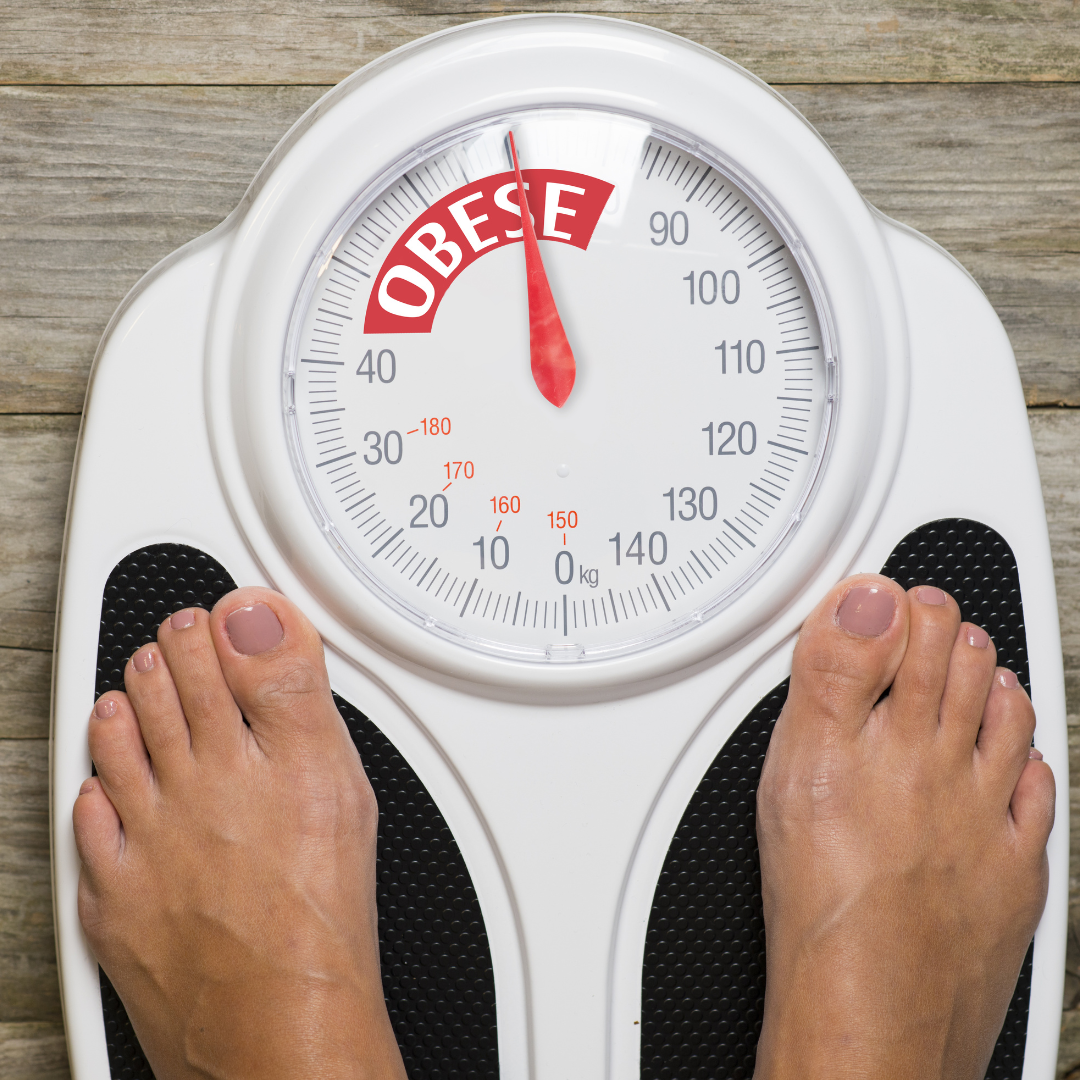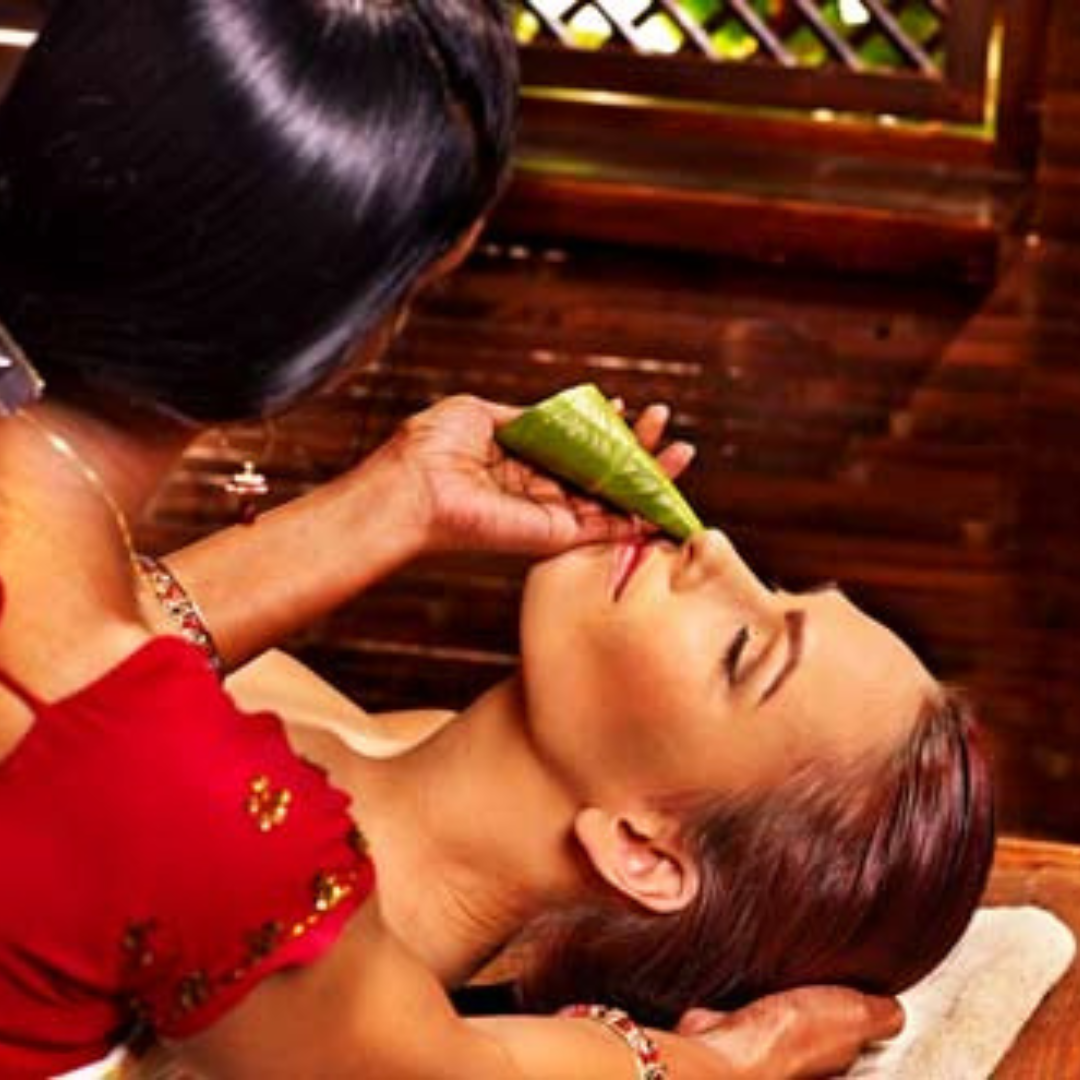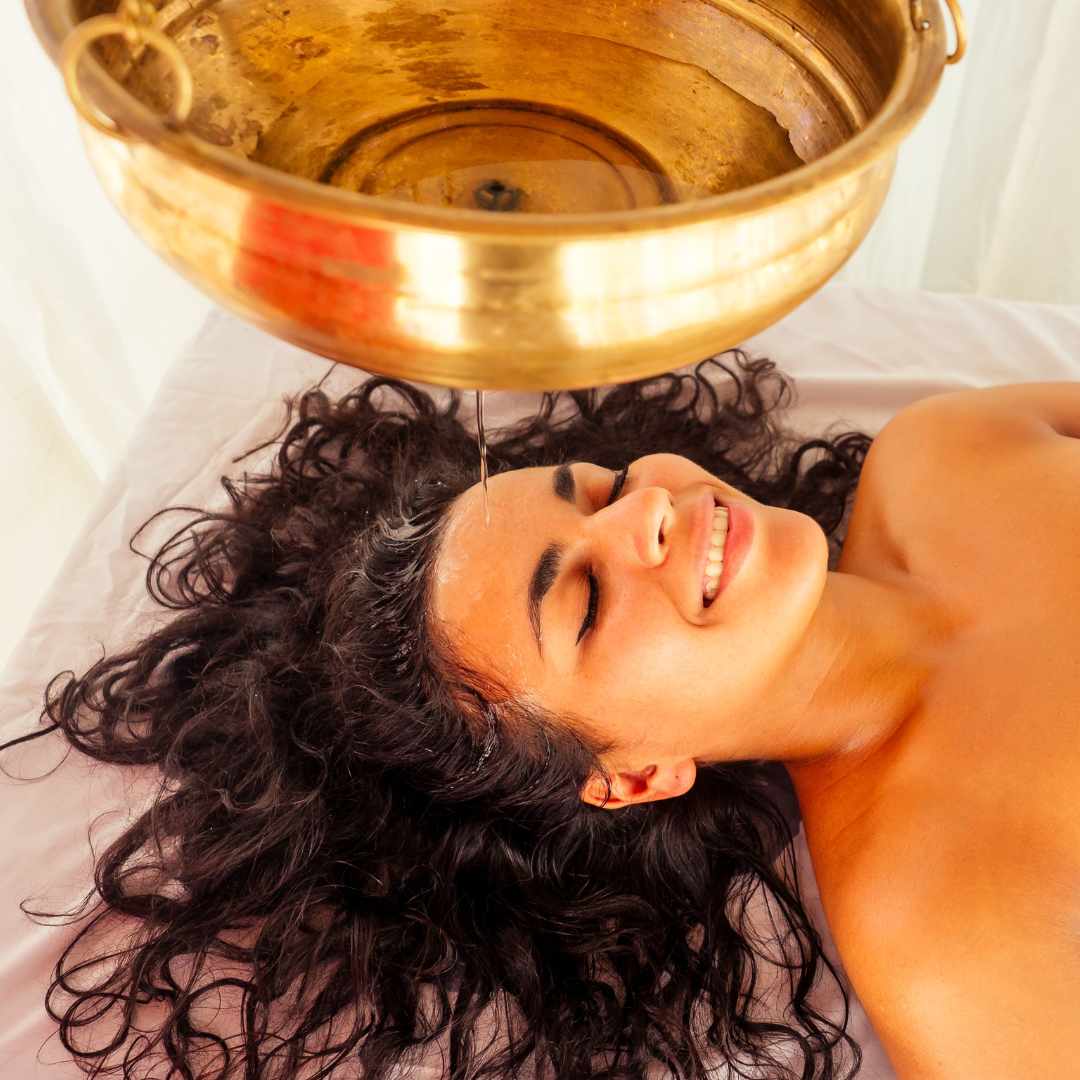Obesity Reversal

Obesity Reversal
In today's fast-paced world, both men and women face unique challenges in maintaining health and wellness. Obesity, a widespread health issue, affects individuals worldwide due to various factors such as hormonal changes, sedentary lifestyles, and unhealthy eating habits. Excessive body fat impacts not only physical appearance but also increases the risk of diabetes, heart disease, and other health complications. Ayurveda, the ancient Indian system of medicine, offers effective and natural solutions to combat obesity and manage related lifestyle diseases by identifying and addressing their root causes.
Root Causes (Nidanas) of Obesity
Obesity is a metabolic disorder typically resulting from an imbalance between energy intake and expenditure. It is particularly prevalent in affluent societies and is often associated with sedentary lifestyles and unhealthy dietary habits. In Ayurveda, the root causes of obesity include:
- Dietary Causes: Excessive consumption of energy-dense foods high in fat and carbohydrates.
- Behavioral Causes: Lack of physical activity, irregular food habits, and excessive daytime sleeping.
- Psychological Causes: Stress, anxiety, and other mental health issues.
- Miscellaneous Causes: Age, sex, genetics, endocrine disorders, medications (e.g., steroids, oral contraceptives), and improper administration of therapeutic measures.
Ayurveda categorizes obesity (Sthaulya) and excess fat tissue (Medovriddhi) as conditions resulting from an imbalance of the doshas, with Medovriddhi being the initial stage that can progress to Sthaulya if left unchecked.

The Ayurvedic Approach: Beyond BMI
Ayurveda emphasizes that each individual's body type (Prakriti) has unique traits, and a healthy Body Mass Index (BMI) range can vary accordingly. Instead of solely relying on BMI, Ayurvedic assessments focus on understanding one's body constitution (Vata, Pitta, Kapha) to develop personalized treatment plans. This holistic approach ensures that treatments are tailored to the specific needs and imbalances of each individual, promoting sustainable and effective weight management.

Root Causes (Nidanas) of Obesity
Obesity is a metabolic disorder typically resulting from an imbalance between energy intake and expenditure. It is particularly prevalent in affluent societies and is often associated with sedentary lifestyles and unhealthy dietary habits. In Ayurveda, the root causes of obesity include:
- Dietary Causes: Excessive consumption of energy-dense foods high in fat and carbohydrates.
- Behavioral Causes: Lack of physical activity, irregular food habits, and excessive daytime sleeping.
- Psychological Causes: Stress, anxiety, and other mental health issues.
- Miscellaneous Causes: Age, sex, genetics, endocrine disorders, medications (e.g., steroids, oral contraceptives), and improper administration of therapeutic measures.
Ayurveda categorizes obesity (Sthaulya) and excess fat tissue (Medovriddhi) as conditions resulting from an imbalance of the doshas, with Medovriddhi being the initial stage that can progress to Sthaulya if left unchecked.

Panchakarma (Shodhan) Therapies at Kiaan Ayurveda
Panchakarma is a cornerstone of Ayurvedic treatment, focusing on detoxification and rejuvenation to balance the doshas and improve overall health. At Kiaan Ayurveda, the following Panchakarma therapies are recommended for managing obesity:
- Vaman (Therapeutic Emesis): Induces vomiting to cleanse the upper digestive tract.
- Virechan (Therapeutic Purgation): Cleanses the lower digestive tract through purgation.
- Lekhan Vasti (Medicated Enema): Administers medicated enemas to cleanse the colon.
These therapies help eliminate toxins (Ama) from the body, reduce excess fat, and restore balance to the doshas.

Palliative (Shamana) Methods of Treatment at Kiaan Ayurveda
Alongside Panchakarma, Kiaan Ayurveda offers palliative treatments to manage obesity through natural and holistic approaches. These include:
- Langhan (Fasting): Controlled fasting to enhance metabolism and burn excess fat.
- Ama Pachan: Use of digestive herbs to improve metabolism and reduce fat.
- Ruksha Udwartan (Dry Medicated Powder Massage): Stimulates circulation and aids in fat reduction.
- Herbal Remedies: Use of single herbs like Guduchi, Vidanga, Musta, Sunthi, Amla, Vaca, and compound formulations like Trikatu, Navak Guggulu, Triphala Guggulu, Vidangadi Churna, Takrarishta, and Arogya Vardhini Vati to manage weight and improve overall health.

Do's
Diet:
- Consume low-fat, low-calorie foods.
- Include high-protein foods to stay fuller for longer.
- Prefer steamed, boiled, or baked vegetables over fried ones.
- Eat frequent small meals to avoid cravings.
- Drink skimmed milk and warm water.
- Incorporate healthy foods like oatmeal, walnuts, salads, bitter gourd, drumstick, barley, wheat, green gram, honey, Indian gooseberry, pomegranate, and skimmed buttermilk.
- Use lemon in diet and drinks.
Physical Activity:
- Engage in mild to moderate exercise according to individual capacity.
- Develop a regular habit of brisk morning walks for at least 30 minutes.
- Practice yoga and meditation to manage stress and promote mental clarity.
Do's and Don'ts (Pathya-Apathya) in Obesity Management
Maintaining a healthy lifestyle is crucial for managing obesity. Kiaan Ayurveda provides the following guidelines:

Don'ts
Diet:
- Avoid high-carbohydrate vegetables like potatoes and rice.
- Limit sugary or sweet products, excessive dairy products, fried and oily foods, fast foods, and excessive salt.
Lifestyle:
- Avoid sedentary habits and excessive sleep.
- Refrain from watching TV while eating.
- Avoid alcohol and smoking.
Kiaan Ayurveda
Online Ayurvedic Consultation
Share

Contact form
Premature Graying of Hair
Graying of hair is a natural process that typically occurs with advancing age. However, when it happens prematurely, before the expected age-related onset, it often indicates a complex interplay of nutritional deficiencies, genetic predisposition, and environmental factors.
Causes of Premature Graying:
- Nutritional Deficiencies: Insufficient intake or absorption of essential nutrients such as Vitamin B12, iron, copper, and proteins can impair the functioning of melanocytes, the cells responsible for producing hair pigment (melanin).
- Genetic Factors: Family history and genetic predisposition play a significant role in determining when and how rapidly hair grays.
- Environmental Factors: Exposure to environmental stressors such as UV rays, pollution, and chemicals can accelerate hair graying.
- Lifestyle Choices: Habits like smoking, excessive caffeine consumption, and a diet high in Pitta-aggravating foods (such as fermented, spicy, and fried foods) can contribute to premature graying.
- Emotional Factors: Psychological stress, chronic anger, anxiety, and depression are believed to accelerate the graying process due to their impact on overall health and hormonal balance.
Ayurvedic Approach to Managing Premature Graying:
Ayurveda views premature graying as a result of aggravated Pitta dosha and vitiation of Rakta (blood) and Mamsa (muscle) dhatus. The approach to managing premature graying involves addressing these underlying imbalances through holistic therapies and lifestyle modifications.
Treatment Strategies Include:
- Balancing Pitta Dosha: Adopting a Pitta-pacifying diet that includes cooling foods like fresh fruits, leafy greens, and ghee. Avoiding hot, spicy, and fried foods helps reduce Pitta aggravation.
- Herbal Remedies: Using herbs like Amla (Indian gooseberry), Bhringraj, Brahmi, and Neem in various forms such as oils, powders, or pastes. These herbs nourish the scalp, strengthen hair follicles, and promote melanin production.
- Ayurvedic Therapies: Regular head massages (Abhyanga) with hair-nourishing oils such as coconut or sesame oil infused with herbs. This improves blood circulation to the scalp and enhances hair health.
- Detoxification (Panchakarma): Specific detoxification therapies like Virechana (purging) or Nasya (nasal administration of medicated oils) to eliminate toxins and balance doshas.
- Stress Management: Practicing yoga, pranayama (breathing exercises), and meditation to reduce stress and promote hormonal balance, which supports healthy hair pigmentation.
- Dietary Adjustments: Ensuring a nutrient-rich diet with adequate proteins, vitamins (especially B-complex), minerals (iron, copper), and antioxidants to support melanocyte function and hair health.
- Lifestyle Changes: Avoiding excessive sun exposure, quitting smoking, and reducing caffeine intake can help mitigate environmental factors contributing to premature graying.
By integrating these Ayurvedic principles and practices into daily life, individuals experiencing premature graying can potentially slow down the process, improve hair health, and maintain natural hair color for longer periods. Consulting with an experienced Ayurvedic practitioner can provide personalized guidance and treatment plans tailored to individual needs and constitution.

